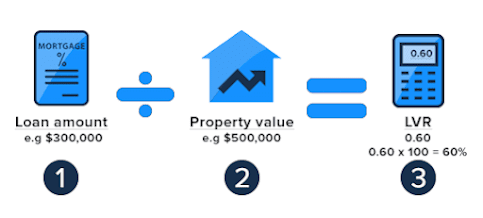MORE on Mortgage Rates, what you need to know!

The Impact of Interest Rate Changes: How They Affect Mortgage Payments and Overall Affordability Interest rates are a fundamental aspect of the housing market, influencing everything from monthly mortgage payments to the overall affordability of homes. For potential homeowners and investors, understanding how these rates work, and their impact is crucial for making informed financial decisions. Here’s an in-depth look at how changes in interest rates can affect your mortgage and financial planning. What Are Interest Rates? Interest rates represent the cost of borrowing money, expressed as a percentage of the loan amount. They are influenced by various factors, including the Reserve Bank of Australia’s (RBA) cash rate, economic conditions, inflation, and lender policies. When the RBA adjusts the cash rate, it directly impacts the interest rates that banks and other lenders offer to borrowers. How Interest Rate Changes Affect Mortgage Payments Monthly Repayments: Increase in Rates: When...



